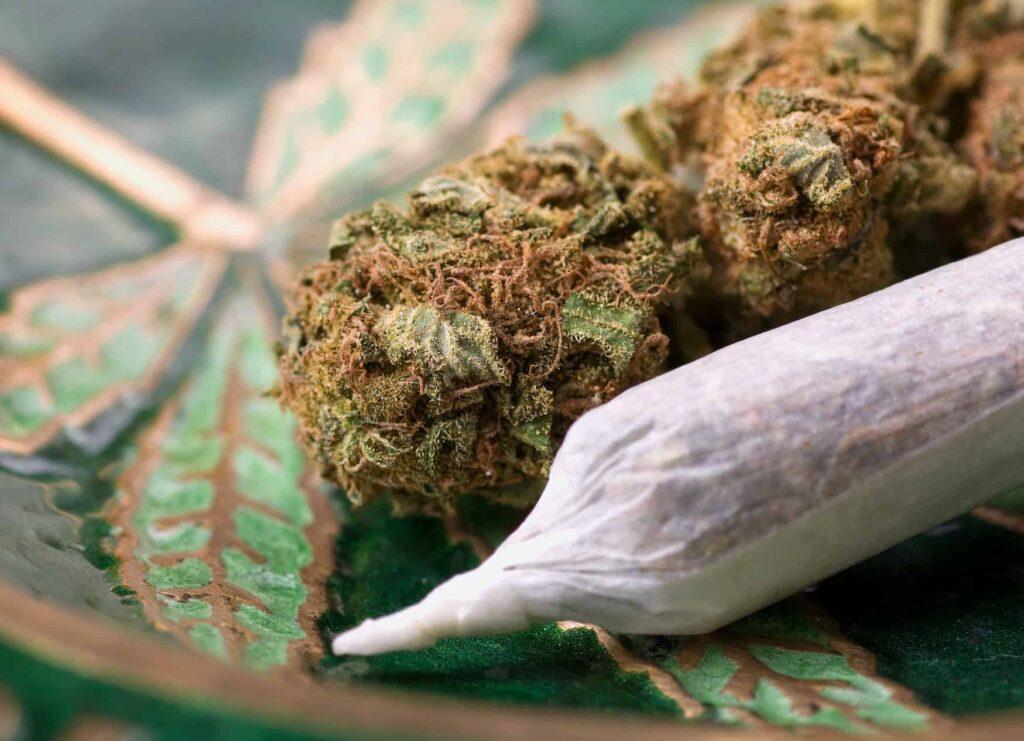In a new study the use of marijuana led to significant improvements in symptom severity including reduced nightmares and better sleep among those with post traumatic stress disorder (PTSD).

The study was conducted by researchers at the University of Florida. It was published in the journal Medical Cannabis and Cannabinoids, as well as by the National Library of Medicine.
“Post-traumatic stress disorder (PTSD) is a debilitating disorder experienced by a subgroup of individuals following a life-threatening trauma”, notes the study. “Several US states have passed laws permitting the medical use of marijuana (MMJ) by individuals with PTSD, despite very little scientific indication on the appropriateness of marijuana as a therapy for PTSD.”
With that in mind, “This prospective pilot study of adults with confirmed PTSD in Florida (FL) investigated whether PTSD symptoms, sleep quality, affect, and general physical and mental health/well-being improved post-initiation of MMJ treatment.”
Participants were recruited from two MMJ clinics in Gainesville and Jacksonville, FL. To be eligible, participants had to be 18 years of age or older, not currently on MMJ, and willing to abstain from recreational marijuana, if using any, until the State Medical Cannabis Card was obtained, screen positive for PTSD.
Participants were assessed at baseline (pre-MMJ initiation) and 30 and 70 days post-MMJ initiation “using the Pittsburgh Sleep Quality Index (PSQI), PTSD Checklist for DSM-5 (PCL-5), Positive and Negative Affect Schedule (PANAS), PROMIS Global Health V1.2, and semi-structured marijuana and other substance use assessment.”
Researchers found that “PTSD symptom severity as measured by total PCL-5 score improved significantly at 30- and 70-day follow-ups. Similarly, statistically significant reductions in nightmares were reported at 30- and 70-day follow-ups.”
Corresponding improvements in sleep were noticed “with participants reporting increased duration of sleep hours, sleep quality, sleep efficiency, and total PSQI score. Likewise, negative affect and global mental health improved significantly at follow-up.”
According to the post hoc analyses, the most statistically significant changes occurred between baseline and 30-day follow-up. The exception to this pattern was nightmares, which did not show significant improvement until day 70.
Researchers conclude:
The findings of this study highlight the potential of MMJ in improving patient outcomes for those with PTSD, particularly concerning sleep disturbances, which often do not respond to currently available treatments.







